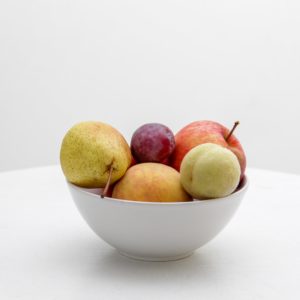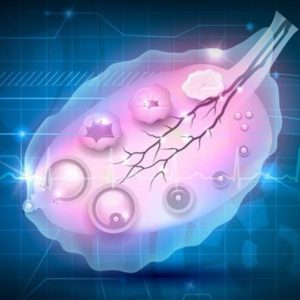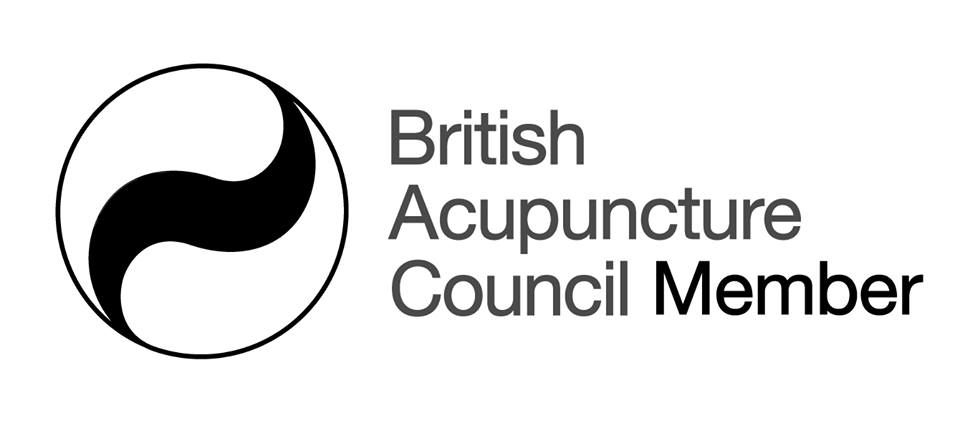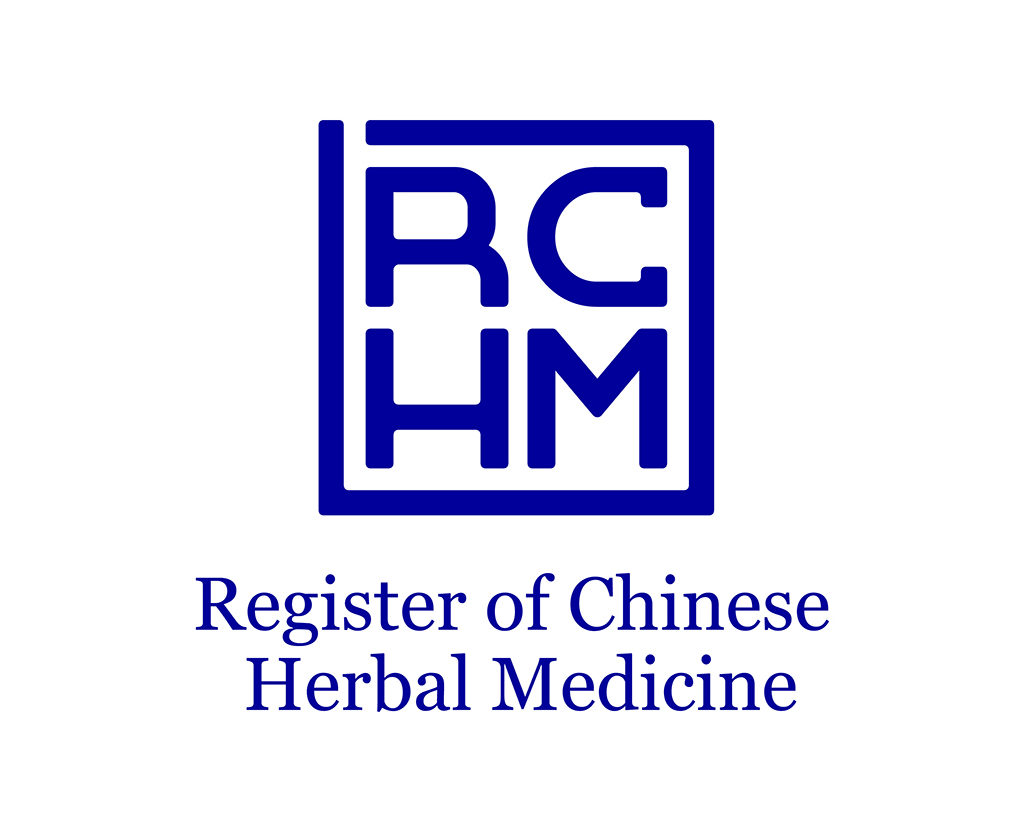Problems conceiving
Natural fertility support

Fertility basics
To conceive you need: healthy eggs, healthy reproductive organs, happy hormones, and perky sperm – and lots and lots of well timed ‘nookie’..
Its never too soon to optimise your fertility. as your chances of becoming pregnant in any natural cycle – even in your 20s – are only about 25%., But don’t start worrying too soon.
The rule of thumb is that if you’re under 35 and have been trying to get pregnant for a year without success, despite lots of unprotected, mid-cycle sex, you might have a fertility problem, so best to get yourself tested..
Because your fertility starts to decline fairly rapidly in your 30s, if you’re over 35 and you’ve been trying frequently but unsuccessfully for 6 months, now would be a good moment to get yourself checked out,
Over 40 you should probably have a fertility MOT as soon as you decide to try – or even earlier.
I say ‘you’, but of course fertility is a two person tango, and an equal number of fertility problems lie with men as with women.
I’s now recognised that, just like a woman, a man’s fertility also falls significantly after 35 as the sperm making templates develop flaws.
How to optimise your fertility
Whatever age or stage you’re at, and even if you have a diagnosed problem (see below), if you’re trying to get pregnant you should do your best to optimise your fertility by making dietary and lifestyle changes at least 3 months in advance.
Why 3 months? Well, as you probably know, women are born with all the eggs they will ever have, stored away in their ovaries.
It takes several months for a batch of egg bearing ‘primordial follicles’ to make their way out of the depths of your ovaries and into the front row for selection for ovulation.
Eggs are increasingly susceptible to damage as you age, so it makes sense to ensure that every batch is as healthy as possible, by improving their environment reducing free radicals and providing important nutrients.
Men too need to optimise the quality of their sperm, by making diet and lifestyle changes such as eating more fruit and veg and stopping smoking.

What can affect your fertility
Fertility problems can arise at any point from conception to implantation and even in the first weeks of pregnancy.
It can be hard to diagnose why you’re not getting pregnant, and 25% of all women who go for a fertility MOT will come away with a diagnosis of unknown cause.
Surprisingly, couples often don’t have enough sex, or it’s badly timed, so the first thing to do is to make sure you’re having lots of random ‘nookie’ – say 3 times a week, including once just before ovulation to optimise your chances of conceiving.
You can optimise your chances of hitting the so-called ‘fertile window’ by monitoring monthly signs such as changes in vaginal secretions. I teach my patients how to monitor their temperature and what to look out for as ovulation approaches..
Obstacles to getting pregnant easily fall into a number of categories
| Causes of infertility | ||
|---|---|---|
| Age | Overweight | Under weight |
| Too little sex | Badly timed sex | Hormonal problems |
| Ovulation problems | Fallopian tube issues | Problems in the womb |
| Problems with the cervix | Sperm problems | Infections |
| Immune issues | Smoking | Street drugs |
| Alcohol | Stress | Infertility of no known cause |

Can Chinese medicine help you conceive?
Whether you come with a western diagnosis, or just want a fertility MOT, a Chinese medicine diagnosis looks for subtle signs of any underlying imbalances in your system that might be interfering with your attempts to get pregnant.
It takes account of all your symptoms, but most importantly, it considers your menstrual cycle very carefully, from the length of the cycle, the duration of your period and what your period is like, right down to the colour of your menstrual blood.
Chinese medicine has no labels for conditions such as PCOS or endometriosis.
Instead, it has categories such as long or short cycle, painful periods, or absent periods and patterns such as yin or yang deficiency, qi or blood stagnation, phlegm or dampness.
Once identified these patterns can be treated with acupuncture or herbal medicine, depending on the symptoms, severity and your preferences.
By improving blood flow to your ovaries and womb, by reducing muscular tension in the uterus and fallopian tubes, by improving hormone production and balances and reducing inflammation, both acupuncture and herbs can help to remove barriers to conception
Chinese medicine and your cycle
With fertility issues, each part of your cycle is treated differently. in the follicular phase supporting the ovaries and follicle development at mid cycle supporting hormonal changes, ovulation and the developing endometrium, and all the stages of the luteal phase from implantation to (hopefully) support of the fetus.
It’s also usual to support menstrual flow during your period to make sure there’s a clean slate for your next cycle..
Chinese medicine for male infertility
Acupuncture and chinese herbs are particularly good at dealing with sperm problems, from low count and poor motility to abnormal forms and poor liquefaction. It’s also helpful for the stress that often accompanies infertility.
Stress can be an independent factor in male infertility.
Read more on my Male Fertility page.
If you’d like to find out more about whether Chinese medicine, nutrition and lifestyle changes can help you conceive, please get in touch
Tips to protect your fertility
Looking after your fertility isn’t exactly rocket science! You’ll probably have to make some lifestyle changes, and sometimes that can seem a bit overwhelming, so you might need a bit of handholding. I can work with you to establish a plan of action and help you put it into practice. but here are the TOP TIPS for self help:
- Cut out Alcohol, Nicotine, street Drugs and reduce caffeine
- Think about your weight
- Cut out all the naughty foods - you know the list!
- Don't follow fad diets - you need nourishment
- Get enough protein
- If you eat fish - eat more
- Eat loads and loads of fruit and veg
- Get plenty 'good' fats - olive oil, nuts and seeds
- Get enough exercise - but don't overdo it
- Get enough sleep
- Learn to meditate
- Learn to recognise your fertile window
- Trust your body, don't worry and BE HAPPY
Get in touch if you’d like to make an appointment to find out if I could help you






